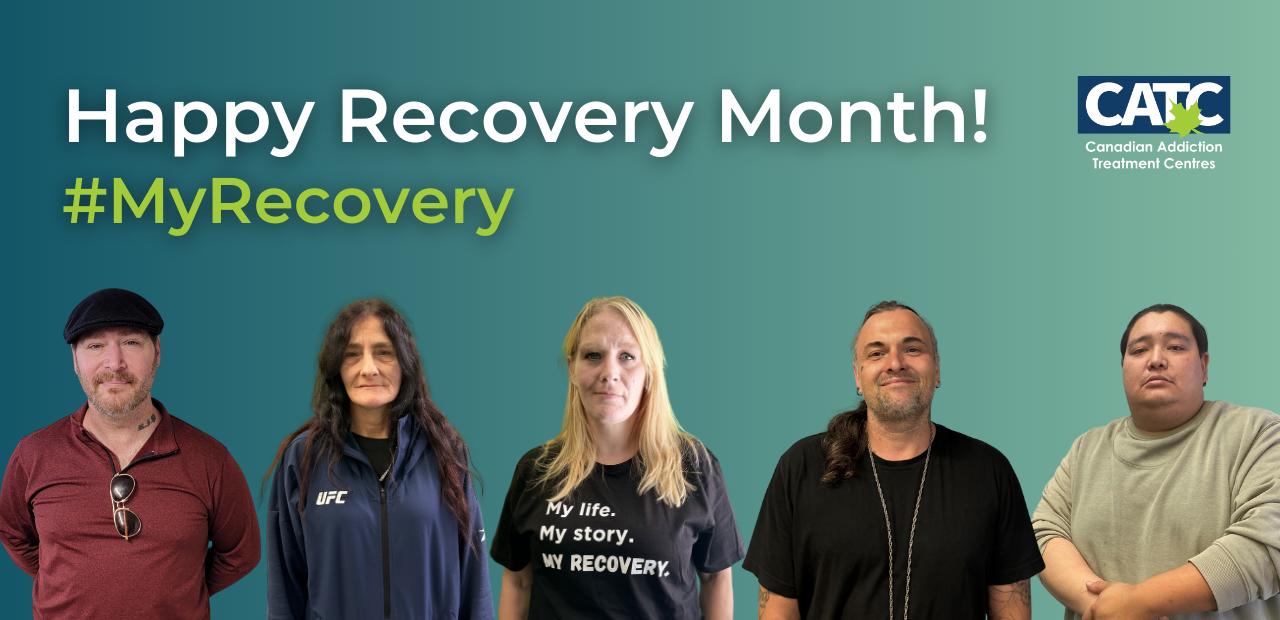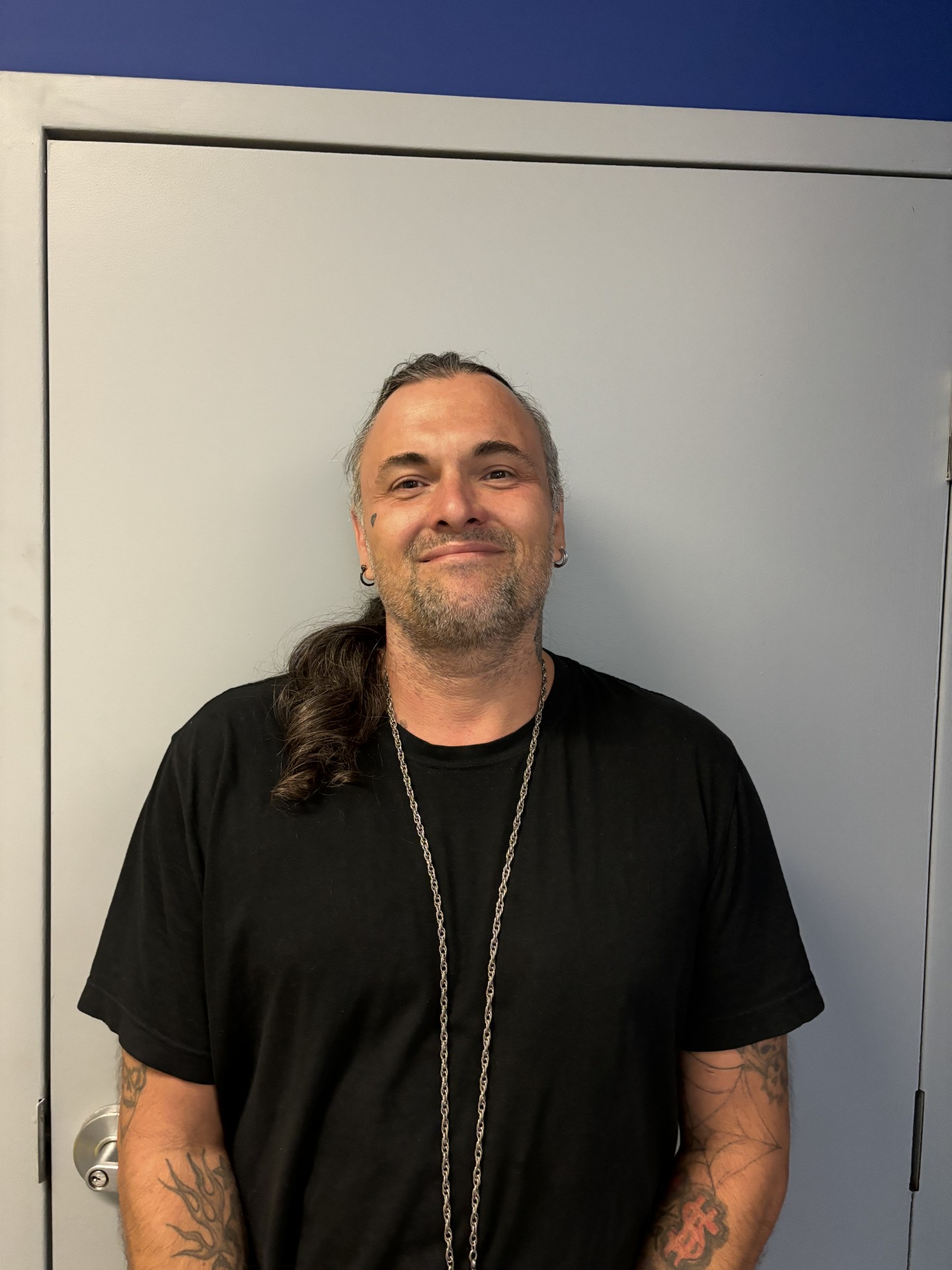#MyRecovery – Michel’s Story
#MyRecovery – Michel’s Story
During Recovery Month, we’ve asked people in recovery to share their stories about what led them to recovery and their experience with treatment, so that others can feel empowered to open up and seek help, too. This is Michel’s story. #MyRecovery
1. How did your experience with opioids start, and when did you know you needed help?
The first time I ever touched an opiate was during my first bit at Joyceville Federal Penitentiary when I was 25. I had a rough childhood and kept hearing from others that opiates would numb the pain so I injected 100mg morphine my first time and almost overdosed. From that day, I ingested an opiate pretty much every day for 13 years because it made me forget all the trauma I had been through. I knew I needed help when I realized I was chasing pills to feel “normal” and avoid withdrawals, instead of feeling high and numbing my pain. I would say the major turning point in reaching out for help was when I realized my thoughts were still dark, negative and intrusive despite taking various forms of opiates daily.
2. What’s something that a lot of people misunderstand or “get wrong” about addiction or people who use drugs?
Since starting, working on and maintaining my recovery, I have noticed that one major misunderstanding about addiction and people that use drugs is that they’re “lazy and don’t want to help themselves”. Anyone who has experienced addiction or homelessness knows this is not the case; they know most try drugs to numb pain or trauma. However regular people love to judge a book by its cover.
3. What has it been like getting treatment? What has it meant to you?
Making the decision and taking the steps to start treatment saved my life, it has been a long journey but worth it. In the thick of addiction, I was spending most of my time looking for pills so I wouldn’t go into withdrawals. Starting treatment made me realize I didn’t have to rough it out anymore; it was possible for me to live a stable and balanced life. It also made me realize and see the various perspectives/situations of others that deal with addiction and drug use.
4. What have you learned about yourself along your recovery journey?
I have learned a few important things in my recovery journey, most importantly that there is more to life than drugs and crime. I was so focused on chasing and providing for myself, I never took or had the time to experience or see other perspectives. I see now that there are lots of other things that occupy time in a healthy and productive way. I like creating my art, tattooing, going for coffee with friends, etc. Sometimes I think of methadone as “liquid handcuffs” but I have to remind myself that I chose to be on it and methadone saved my life.
5. What is something that people would be surprised to learn about you?
My number one saying is “never judge a book by it’s cover”. I am a big man covered in tattoos, so I am usually judged by my exterior. I think people would be surprised to learn how approachable and willing to help I really am. I have seen and been through the worst of the worst, so I enjoy helping, guiding and warning others as much as I can to not make similar choices or mistakes. I think people would also be surprised at the art I create; I mostly draw but the images are 100% from my head and unique. I would love a platform to share my art because I think anyone going through or that has been through addiction can relate to my drawings.
6. If you could share one message to people who may be struggling with substance use, what would it be?
Don’t be afraid to ask for help. Step 1 of recovery is admitting to yourself you have a problem, lying to yourself will get you nowhere. Once you’re ready to be honest with yourself and the people trying to help you, long term recovery is so much more attainable!
Thank you, Michel, for sharing your experience in recovery. Happy Recovery Month!
Find more #MyRecovery stories here
All stories and photos are shared with expressed consent by the individuals.

